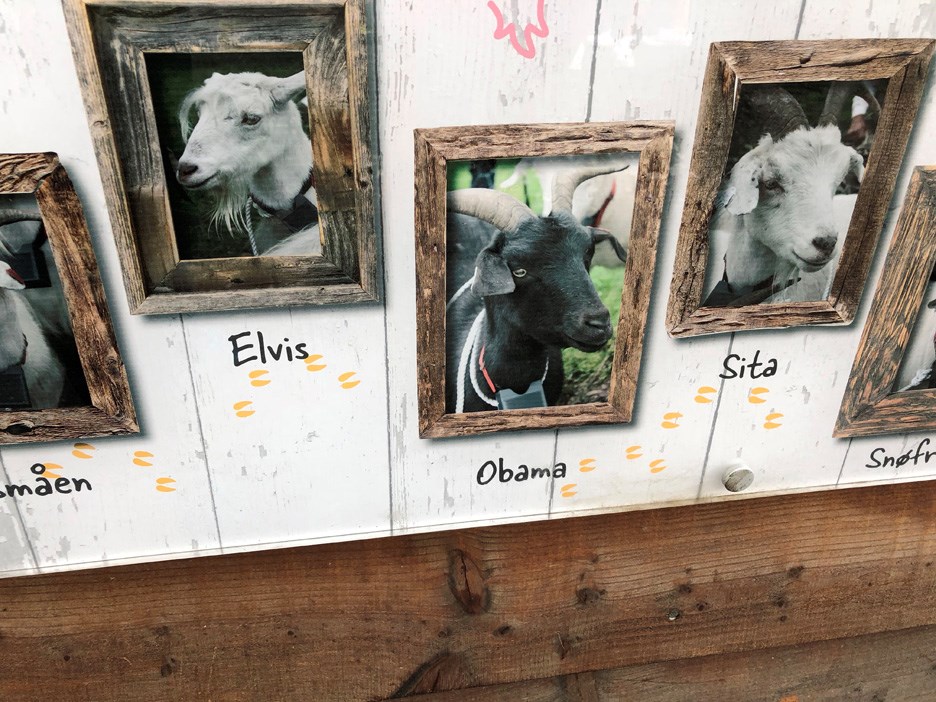When my kids were young, the happiest place on Earth (besides home) was Disneyland.
Now that that they’re in their 20s, our favourite place for a grown-up family Christmas is Hawaii.
Though we’re all Vancouver-born, Hawaiians treat us as if we were born there and speak only English (and a bit of Hawaiian) to us. Families with mixtures of all ethnicities are welcome.
It feels like home.
We had a different experience travelling with cousins last August in Norway. In a public square of shops in the seaside town of Alesund, we saw a teacher talking to a group of high school students. For a moment, I thought they were talking about us.
Later it felt that they were all watching us. Finally, we learned that their assignment was to take photos of tourists . . . and those of us who looked Chinese or half-Chinese stood out.
An hour later, while walking around the harbour, we were approached by a motorboat with two elementary school boys. They pointed at us, laughed and mockingly made the gesture of bowing in the stereotypical Asian fashion.
The next day, in Bergen Norway, we ascended Mount Floyen, and on the peak was a sign proudly announcing nine recently born goats. Each had been given a name, and the black goat was named Obama.
We didn’t stay long enough in the country to find out if racist attitudes are endemic or if people just don’t realize what demeaning public signs say about them.
An abiding sense of belonging is one of the social determinants of physical and emotional health. It is a shared responsibility. As a society and community, we need to reach out to every member of the community and ensure all are supported in health and well-being.
It takes a village to care for every person within it.
As individuals, we share a responsibility to connect to and support one another. In many neighbourhoods and particularly in apartment buildings, many do not feel a sense of belonging or connection.
We tend to see other people as The Other – a person who is different, strange, threatening or less than us. We can pre-judge others whom we don’t know based on their accents, skin colour, clothing, body shape and gender.
We can make broad, sweeping and inaccurate assumptions based on outward appearances alone. We don’t give ourselves the opportunity to connect on a truly human level. We sell ourselves short, and we all miss out.
Here’s an exercise that I’ve introduced at some of my public workshops. Participants turn around to face a stranger and after smiling but without talking, they are instructed to look into the eyes of the other as I say these words. You can try this out now but imagine you are facing another person you’ve seen in your neighbourhood whom you don’t yet know.
“This person was once a baby, loved and held in the arms of parents . . . just like you. This person was once a child with hopes and dreams . . . just like you. This person has felt alone and sad, heartbroken and disappointed . . . just like you. This person just wants to be happy . . . just like you.”
We are all a part of a greater whole, members of a family supported by a network of friends, neighbours and peers. We are part of a community, citizens of this country and members of humankind, connected to all living things, a part of nature and this planet.
My dream for a healthier community and society is for every individual to hear and believe the words, “You belong here.”
Next Saturday, Feb. 9, I’ll be speaking at New Westminster’s Century House to celebrate Inspiration Day. For more information, please call 604-519-1066.
Dr. Davidicus Wong is a family physician. His Healthwise Column appears regularly in this paper. For more on achieving your positive potential in life, read his blog at davidicuswong.wordpress.com.



